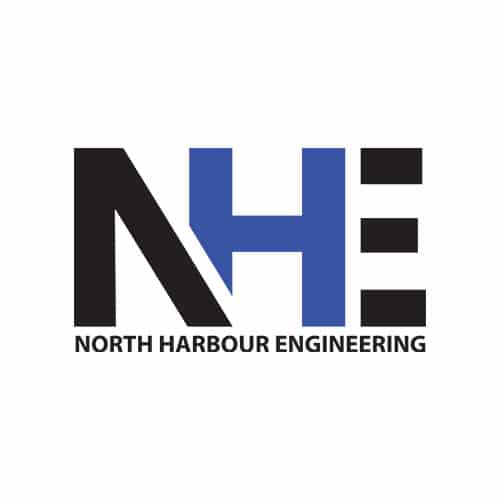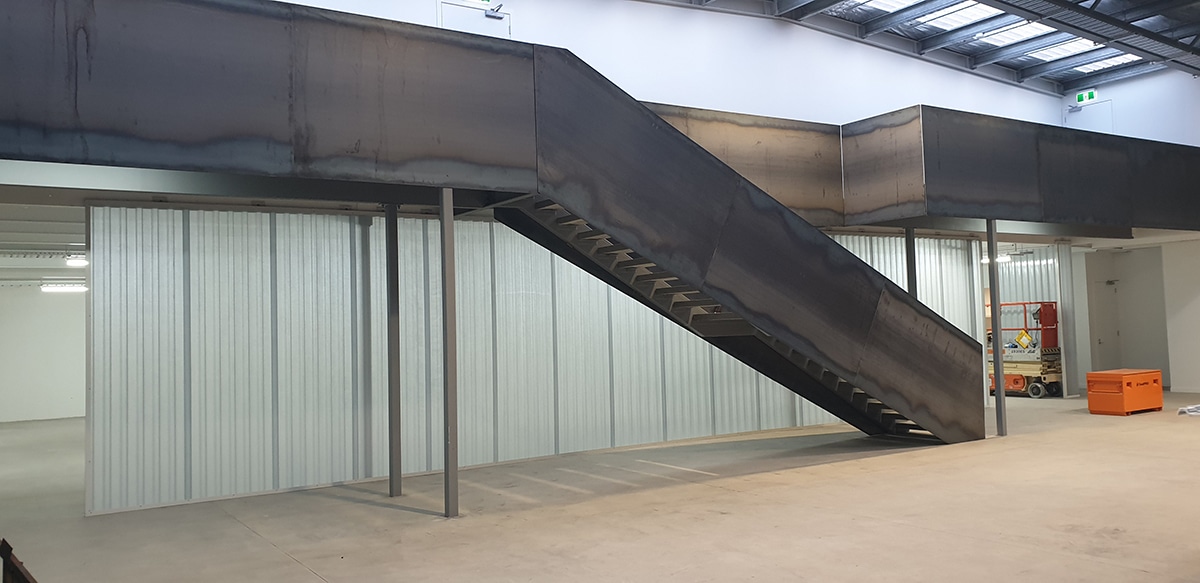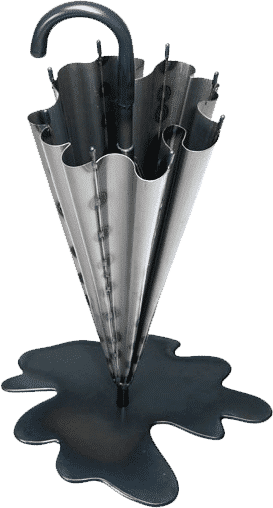Taking a custom sheet metal fabrication project from start to finish can be costly. You begin with creating a design before perhaps manufacturing a prototype. Then comes the actual production, shipping and possibly installation processes. Add to that the cost of materials and it’s getting expensive.
There are, however, ways you can save money. We are an Auckland Sheet Metal Fabricator and know all the tricks and pitfalls of fabrication projects. Here are seven tips to save you money on your next metal fabrication project.
1] Choose the right sheet metal
A foundation for keeping the cost of your project down is having a good understanding of the types of raw materials available. When planning your sheet metal project, you can choose from aluminium, stainless steel, steel alloys, carbon steel, and other materials. Depending on your project, there may be several materials that are suitable but their cost will vary. That’s why it’s important to work closely with your metal fabricator. They can provide advice on the most cost-effective options for your needs.
The cost of your raw materials may also rise and fall according to availability. In recent times, supply chain disruptions have resulted in the cost of some products rising sharply.
Hardware and accessory costs vary greatly also. If your project incorporates latches, hinges, or other components, they will need to be factored into the final costing. Once again, your fabricator can recommend the most suitable products and brands for your project.
2] Design to a common gauge
Your project’s cost will be impacted by the thickness of whatever metal you use to manufacture from. Both the cost of the materials and the labour charge to fabricate it will be affected.
With this in mind, when you design your project, use standard sheet metal gauges because using odd sizes and gauges will push the price up. Of course, the decision of what gauge to go with will depend on what it is that you are manufacturing, and there may be times when different gauges are required. In general, however, stick to a common gauge.
Standard sheet metal gauge sizes will vary depending on the type of metal your sheet metal fabrication project is using. The team at North Harbour Engineering can supply you with the accurate standard gauges for each metal type.
3] Check your labour costs
Choosing the correct material to construct your project from results in good cost savings. So does ensuring the labour costs are kept to a minimum. This can be achieved by ensuring your metal fabricator is a fabrication specialist and, dare we say it, an expert in their work.
Custom sheet metal fabrication in Auckland requires highly skilled labour. You want to ensure both your designers and structural engineers are skilled in all they do. Before embarking on a project, check around, and when you find a company you feel could potentially meet your needs, ask to see some of their completed projects and check their online profiles including their Google Business listing for client feedback.
Skilled tradespeople are able to provide great advice and work more efficiently than those who are not. Remember, every hour saved by a proficient engineer, welder or assembly technician adds up to cost savings for you.
Also, check out what mechanical labour a potential engineering company may have available. Specialised equipment can save time on a project, provided it is used properly.
4] Design to reduce complexity
In general, the more complicated your project is, the more expensive it will be to produce – the fewer cuts, bends, and welds a project requires, the better. When planning your project, try to create a design that enables the finished product to function but is still as simple as possible.
In the same way, if your project requires speciality machining or a prototype must be produced, the cost will be impacted.
5] Determine how many finished pieces you will require
The number of finished pieces will affect the price. Usually, the average cost per item will decrease as the order quantity increases. This is because materials can be purchased in bulk and because machine setup times and associated labour are decreased.
Think carefully about the number of pieces you want produced in your production run. If you require multiple finished pieces, it is most cost-efficient to produce them all at once.
6] Think carefully about painting and finishing
If your project requires painting or a special finish, this will add to its cost but save you more in the long run by protecting your finished product.
There are several finishes available including galvanising, zinc, and anodising, as well as several types of paint and powder coating. The finish you choose must match the requirements for where your project will be used and what your project is to be used for.
When designing and specifying a project, it’s vital that the specific type of finish is specified.
Remember also that some coating processes may need certification and can further increase costs, e.g., a part that may be used in a food manufacturing plant must be food compliant.
7] Use a Local Fabricator
Working with a sheet metal fabricator in Auckland who is relatively close to you brings a number of advantages that impact on cost. It means you can visit the factory and talk face-to-face with designers and engineering staff. You can also check out their equipment and the condition of their premises (which can give an indication of their professionalism as a company).
Face-to-face meetings mean you can spend more time explaining your needs and go into greater detail about your project. What’s more, if sudden adjustments are required or there is an unexpected problem, solving it is easier.
North Harbour Engineering is the team to see if you are looking for a professional, experienced and skilled metal fabricator for sheet metal fabrication in Auckland. For your next sheet metal project, contact us →.

We are specialists in all areas of steel fabrication, sheet metal and manufacturing, and have built an impressive reputation for innovation, our ability to simplify complex engineering challenges, and we make things happen.



